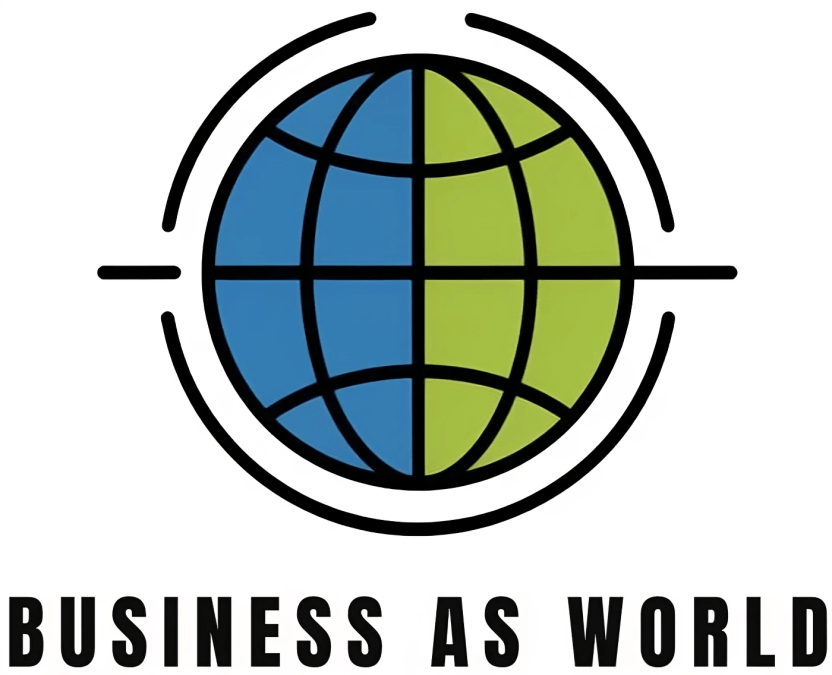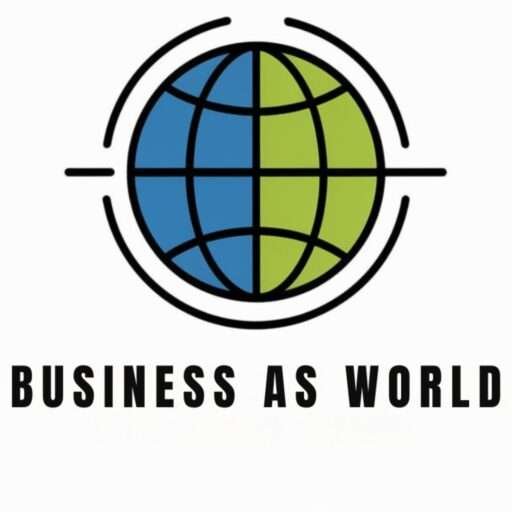Meta Description: Learn how UBO verification is crucial in preventing financial crimes such as money laundering and discover how solutions are making the process easier.
A significant financial crime that has an impact on many areas of the world economy is money laundering. Regulations and preventative actions, such as the identification and verification of ultimate beneficiaries (UBOs), have been put in place to counteract this practice. Let’s discover what UBO verification is and how it helps businesses in preventing financial crimes including corruption and money laundering.
What Does an Ultimate Beneficial Owner Mean?
The natural person who owns and manages an entity, such as a business, organization, trust, or other similar entity, is known as the Ultimate Beneficial Owner (UBO). The UBO, in contrast to other beneficiaries, is the actual person who ultimately controls an entity’s legal framework. A person or group of people who directly or indirectly owns or controls a substantial portion of the entity’s voting rights and beneficial interests or has influence or control over it may be referred to as the UBO.
It is crucial to remember that the definition and legal criteria of a collective investment activity might change depending on the country. Generally speaking, however, a UBO is an individual who has an interest in a company that surpasses a certain level of ownership or control.
Why is It Crucial to Stop Money Laundering?
In the battle against money laundering, identifying and UBO verification is crucial. Through intricate business structures and sophisticated financial operations, criminals often hide the money’s illegal origins. They often hide their illicit actions by using intermediaries and legitimate bodies.
Authorities, financial institutions, and other organizations can identify and prevent money laundering more successfully when they know who the UBOs are. UBO verification gives insight into the individual behind the organization and permits evaluation of their background in terms of finances, reputation, and potential criminal connections.
It is crucial to make sure that an organization does not unintentionally participate in illicit actions that might have negative effects on its reputation, finances, or legal standing, even if money laundering is not its main goal. Thus, UBO verification contributes to lowering compliance risks and enhancing the overall integrity of the financial and business systems.
How to Verify a Decision-Making Body?
Because corporate arrangements may be complicated and often opaque, it can be difficult to confirm the identity of an Ultimate Beneficial Owner. On the other hand, this procedure may be made easier by technology solutions for remote identification verification.
These technologies validate UBO verification using sophisticated data analysis methods, including face recognition, identity document comparison, and artificial intelligence algorithms. Furthermore, further data to confirm the legitimacy and repute of the UBO may be acquired from both public and private sources.
It is crucial to remember that each jurisdiction’s legal and regulatory standards must be met in order for the UBO’s identification to be verified. UBO verification processes have to abide by privacy and protection standards, Know Your Client ( KYC ), and AML (Anti-Money Laundering) requirements.
What Are the Steps for UBO Verification?
- Comprehending the organizational structure: Start by finding out as much as you can about the company’s direct and indirect owners and managers.
- Examining the accompanying documentation: For insights into the UBO’s identity, analyze collaboration and investor agreements, trust deeds, and document examinations. These documents contain critical information regarding the ownership of the business.
- Exerting proper diligence: Investigate the organization, its owners, and any affiliated parties in order to identify any suspicious indicators that may warrant further scrutiny.
- Following the ownership trail: Utilize a financial record to ascertain the ownership of the company. For this reason, an examination of share records, bequest deeds, and other legal documents is necessary.
- Unified Behavioral Observation: Once the UBO has been identified, other resources, including databases and public papers, must be consulted in order to verify their identity and ownership stake.
Final Words
The individual who owns or manages a business and is crucial in avoiding money laundering is known as the Ultimate Beneficial Owner or UBO. Hence, determination and UBO verification lower the risk of non-compliance, aid in detecting and preventing illegal conduct, and protect the integrity of the financial and business systems. Nevertheless, solutions for remote identity verification technologies make this procedure easier while adhering to legal and regulatory constraints.

